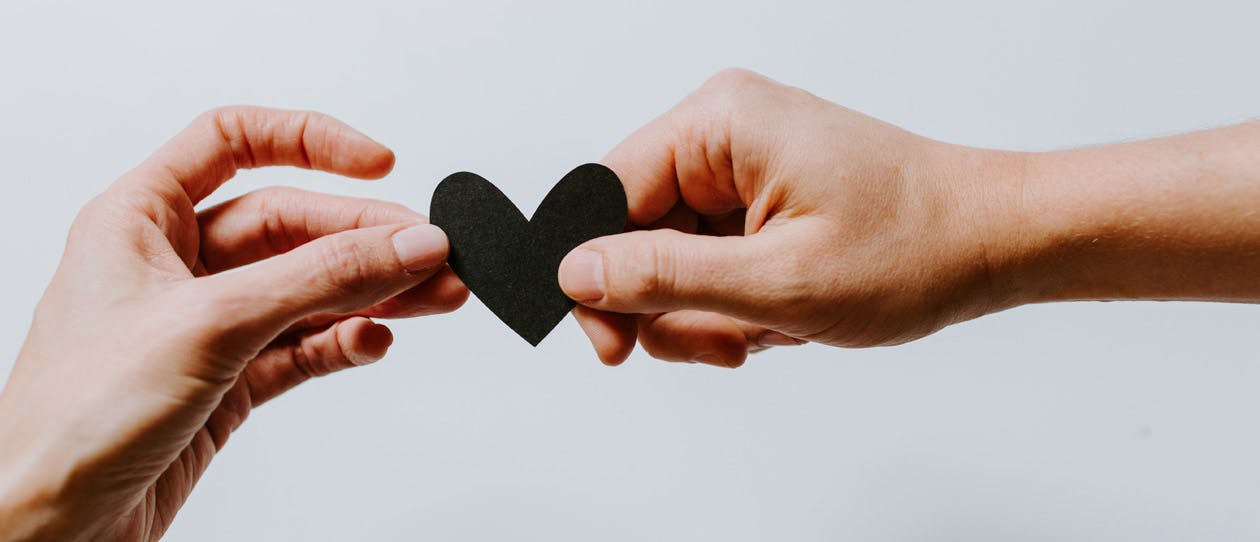Why checking in matters
Social support has formed the bedrock of our societies for thousands of years, and times of crisis often bring out the very best in people. The recent lockdown was no different, as we saw many inspiring stories from Australia and across the globe of people finding ways to help their neighbours, support healthcare workers and volunteer their services.
On a more personal level, many of us will have reached out to friends, neighbours and family members to offer support, particularly to those who are most vulnerable; the months of isolation reminding us there was a greater need than ever to check in with those around us.
But even as the situation eases and we adjust to the “new normal”, many of those same friends and family will still be tackling the same problems, whether mental or physical wellbeing concerns, difficulty with shopping and running errands, or, importantly, trying to combat loneliness.
There are about 3 million Australians experiencing high levels of loneliness; a condition that, may lead to physical ailments, including poor heart health and, in the elderly, cognitive decline. Indeed, loneliness is a growing public health problem, posing a bigger risk to our wellbeing than either smoking or obesity.
How to stay connected
So how do we continue to look after each other beyond lockdown? Here are 4 simple ways you can stay connected to those who may need it most.
1. Keep up the phone calls
During lockdown, it became second nature for many of us to routinely call neighbours, colleagues, friends and family members to make sure they were safe and well. Regular contact is vital to quality of life, with older people who remain connected to others in particular more likely to enjoy greater independence and have delayed cognitive decline.
So, in short, pick up the phone and check that your loved ones are okay. And try to do it regularly, especially if you have elderly friends or relatives or know anyone suffering from loneliness. And don’t forget new mothers, who often feel isolated and alone after the birth of a child.
2. Log on to check in
While a phone call can be useful even if only for a brief chat, using online video calling services such as Zoom or Skype can be even better, affording the chance for a face-to-face catch-up.
While research shows that video calling helps build relationships and improves trust in business, the same is likely to be true in the personal world, too.


